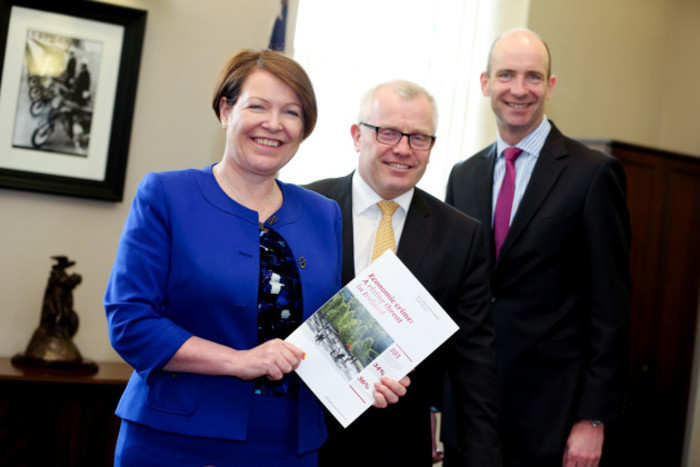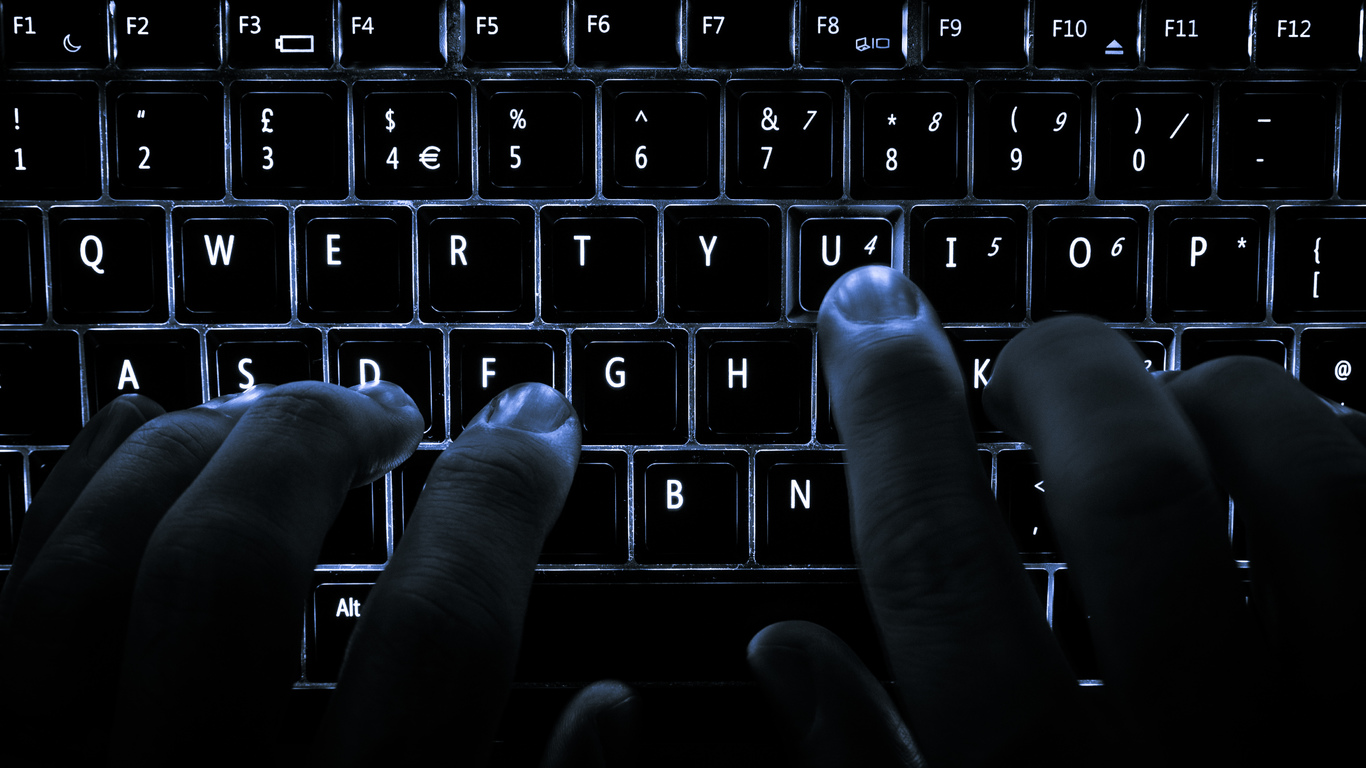Fraud is costing companies millions as cyber attacks rise
Irish businesses are reporting a sharp increase in cybercrime.
IRISH BUSINESSES THAT fell victim to economic crime lost an average of €1.7 million from the fraud in 2016, according to new figures.
This was up from an average of €498,000, according to a study from PwC, which polled over over 6,000 participants in 115 countries, as well as more than 100 Irish companies.
It found that one-third of Irish respondents experienced economic crime in the last two years, up from a quarter during 2012-2014.
Of those who had experienced economic crime, over half said that they were victims of embezzlement.
Types of crime
Just under half (44%) of the Irish companies said that they had been affected by cybercrime, while just under a fifth said that they were hit by either accounting fraud or money laundering.
Of the respondents that were victims of economic crime just over half believed that they lost less than €92,000 as a result of the fraud. A third said they lost between €92,000 and €920,000.
Some 6% lost between €920,000 and €4.6 million while 3% of organisations affected by fraud reported a financial impact of more than €4.6 million.
The report states that organisations “often don’t grasp the true financial impact of an economic crime until after it has happened”.
“The results of our survey this year shows that the financial cost of fraud on Irish organisations … is significant and increasing.”
Although companies expect less crime in areas such as accounting and HR fraud, cybercrime showed an increase. Of those companies that were victims of crime, 44% suffered a cyber attack in the last two years compared to 25% during 2012-2014. This was also higher than the international average of 32%.
PwC leader for cybercrime Pat Moran said that a cyber attack “can be one of the most challenging and complicated that any organisation will face”.
“In today’s risk landscape, a company’s degree of readiness to handle a cyber crisis can be a marker of competitive advantage and ultimately ensure its survival,” he said.
 (L-R) Garda Commissioner Nóirin O'Sullivan with PwC advisory leader Ciarán Kelly and cybercrime leader Pat Moran
(L-R) Garda Commissioner Nóirin O'Sullivan with PwC advisory leader Ciarán Kelly and cybercrime leader Pat Moran
Moran added that cybercrime is perceived to be the highest economic crime risk for Irish businesses.
“Looking to the future, cybercrime is forecasted to be the most frequent type of economic crime,” he said. “Over a third (36%) expect more cyber attacks in the future.
“This may be reflective of cybercrime having a higher profile in the media through the occurrence of a number of high profile incidents as well as the significant increase of devices that are now connected to the internet.”
Garda Commissioner Nóirín O’Sullivan added: “With cybercrime becoming so common, it is even more essential that (businesses) continue to access crime prevention advice to avoid becoming the victims of fraud.”






